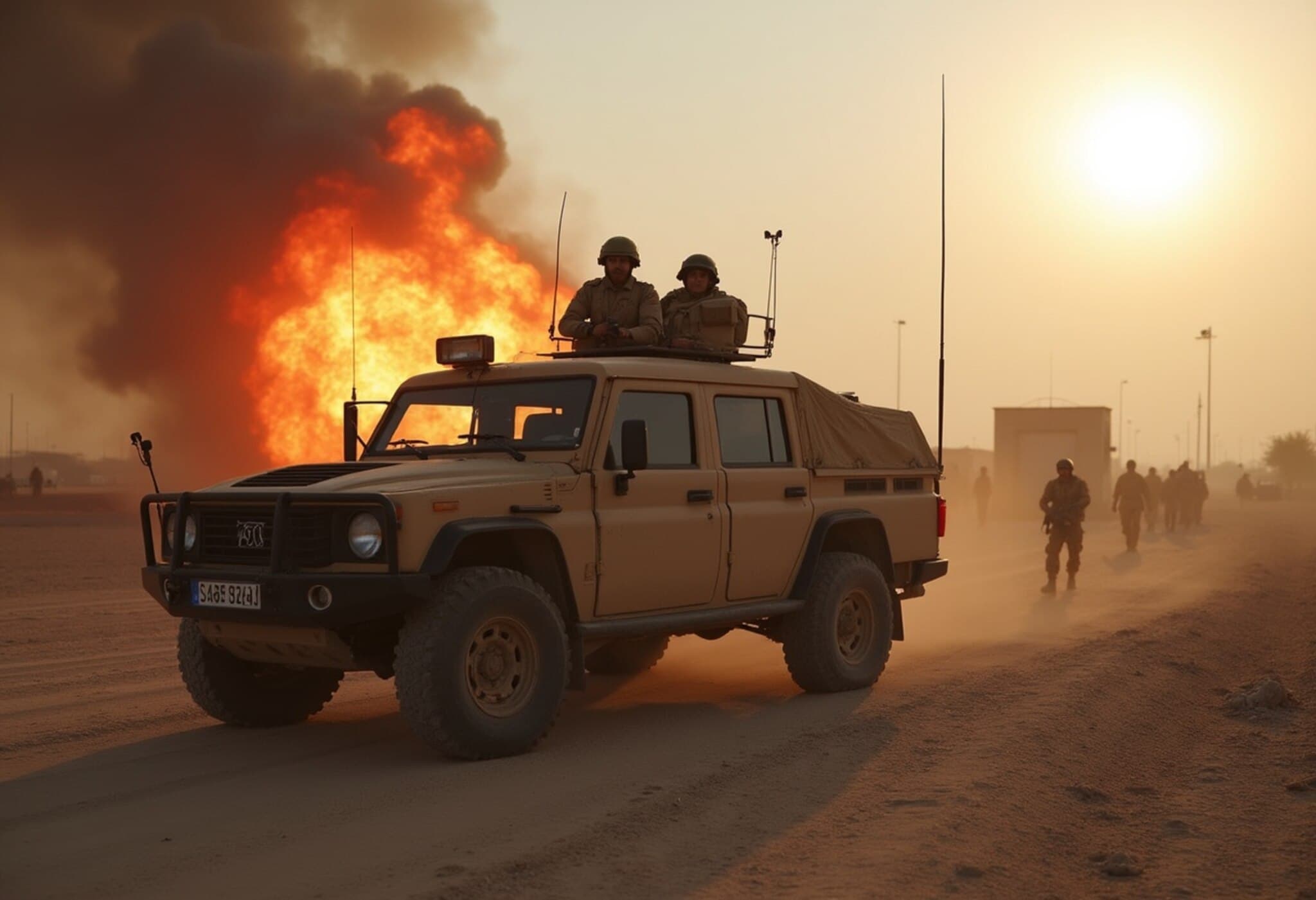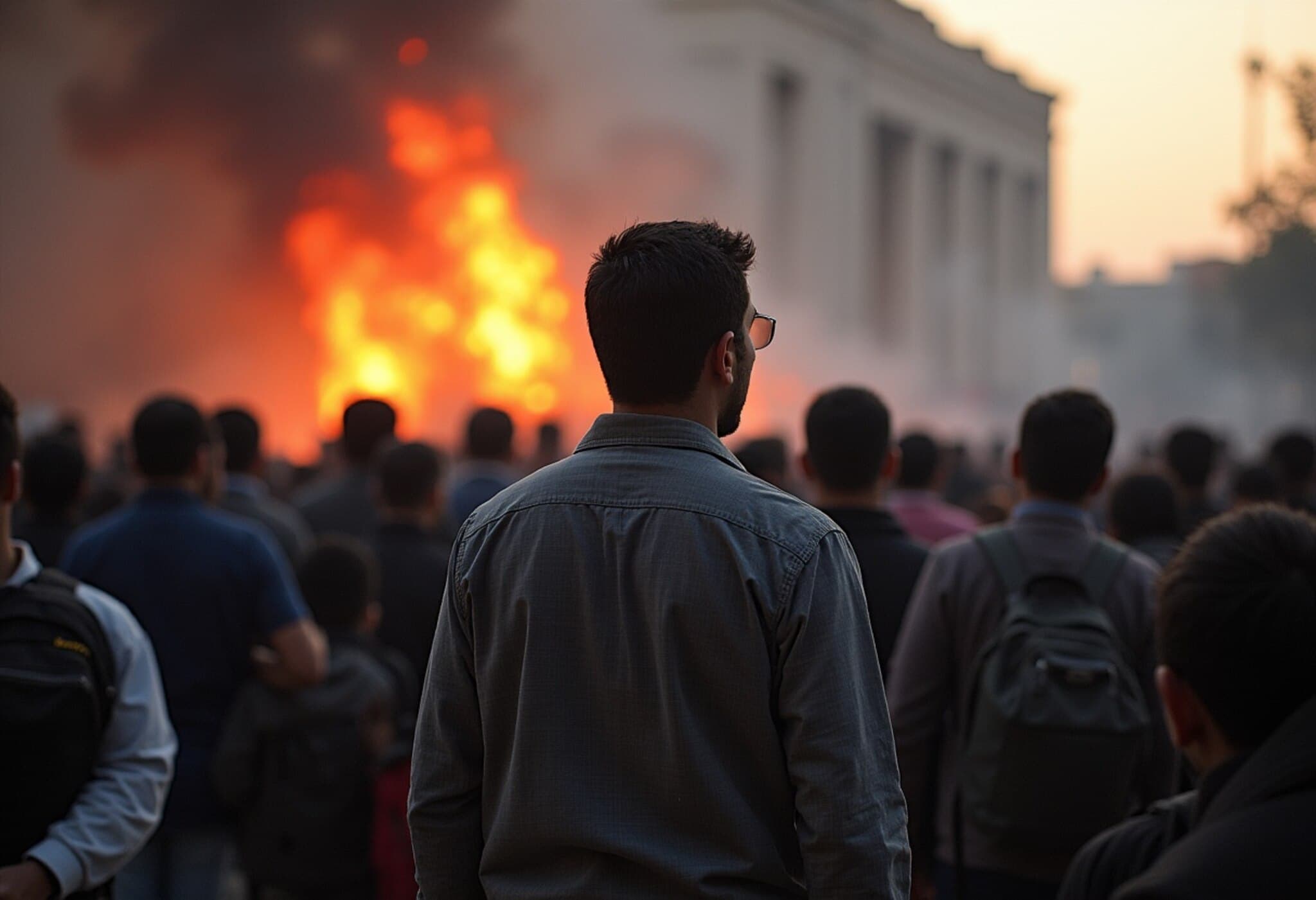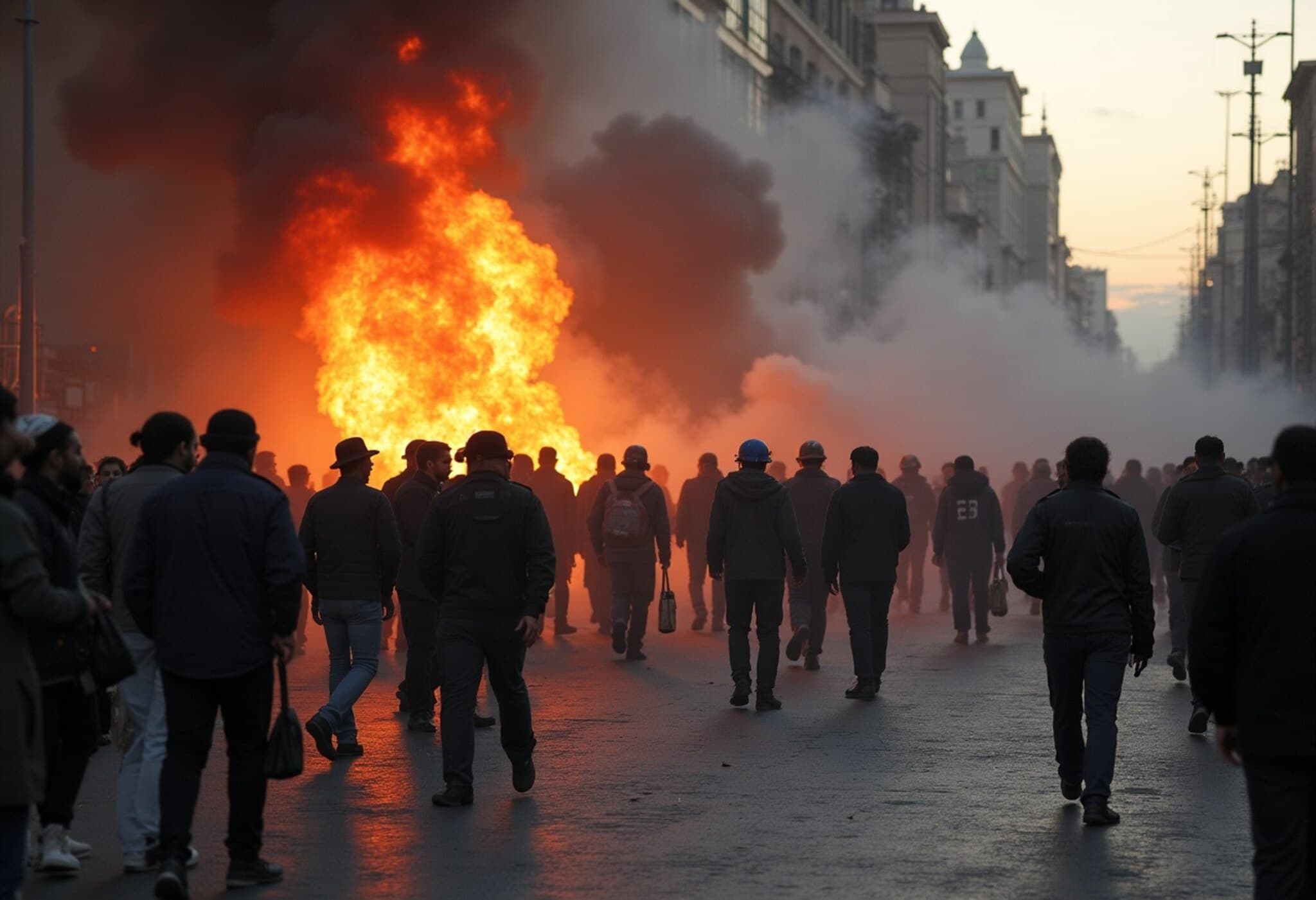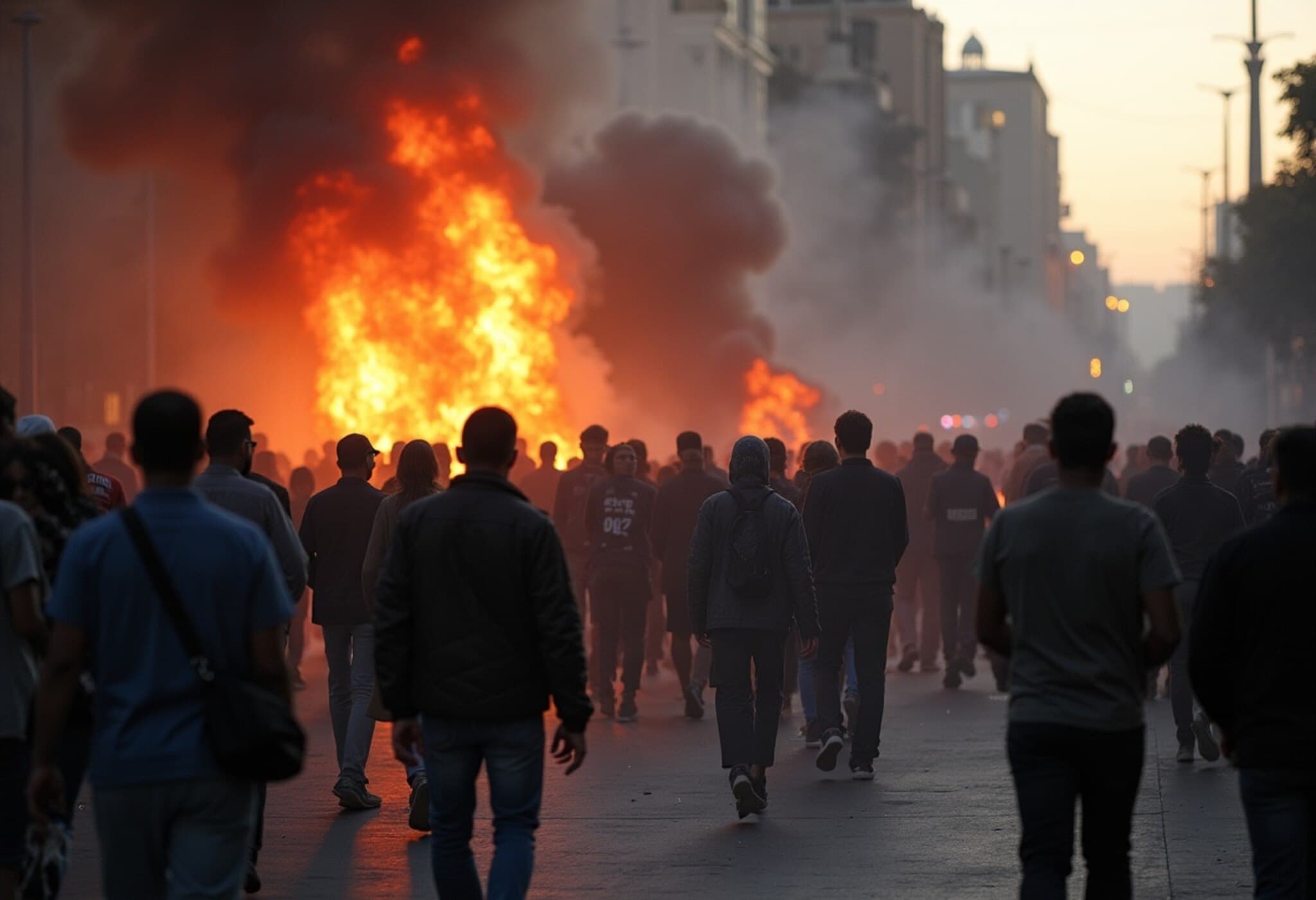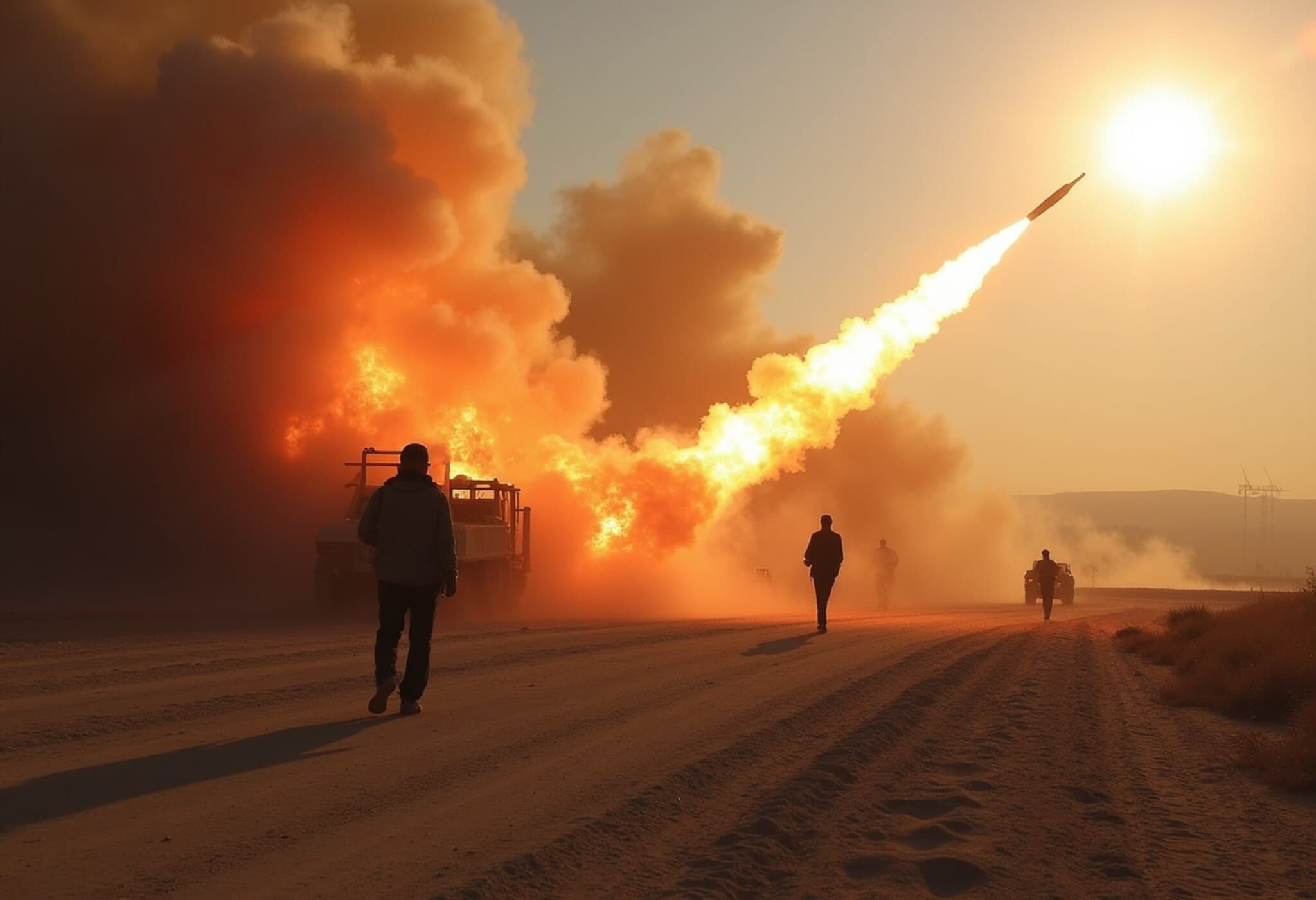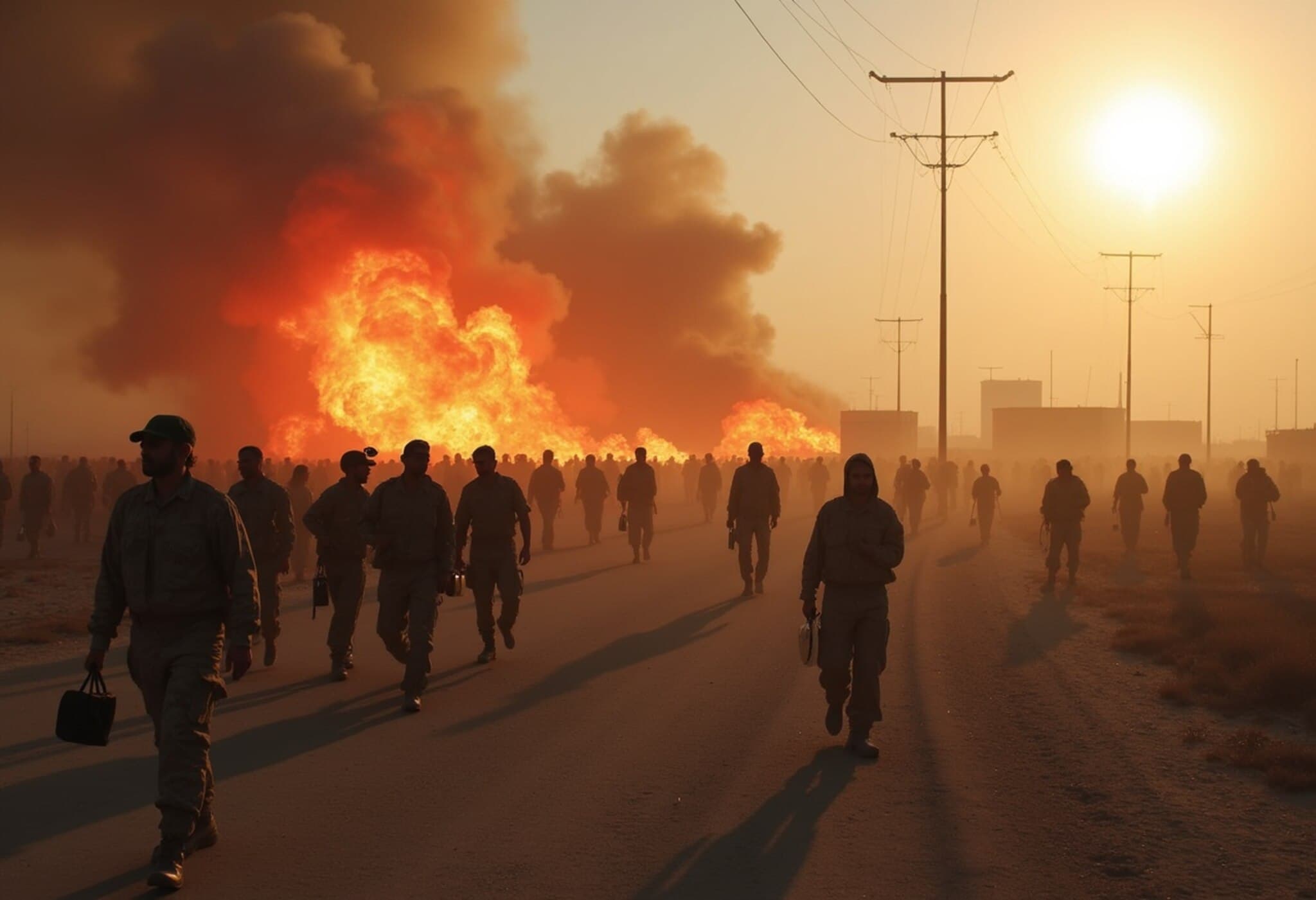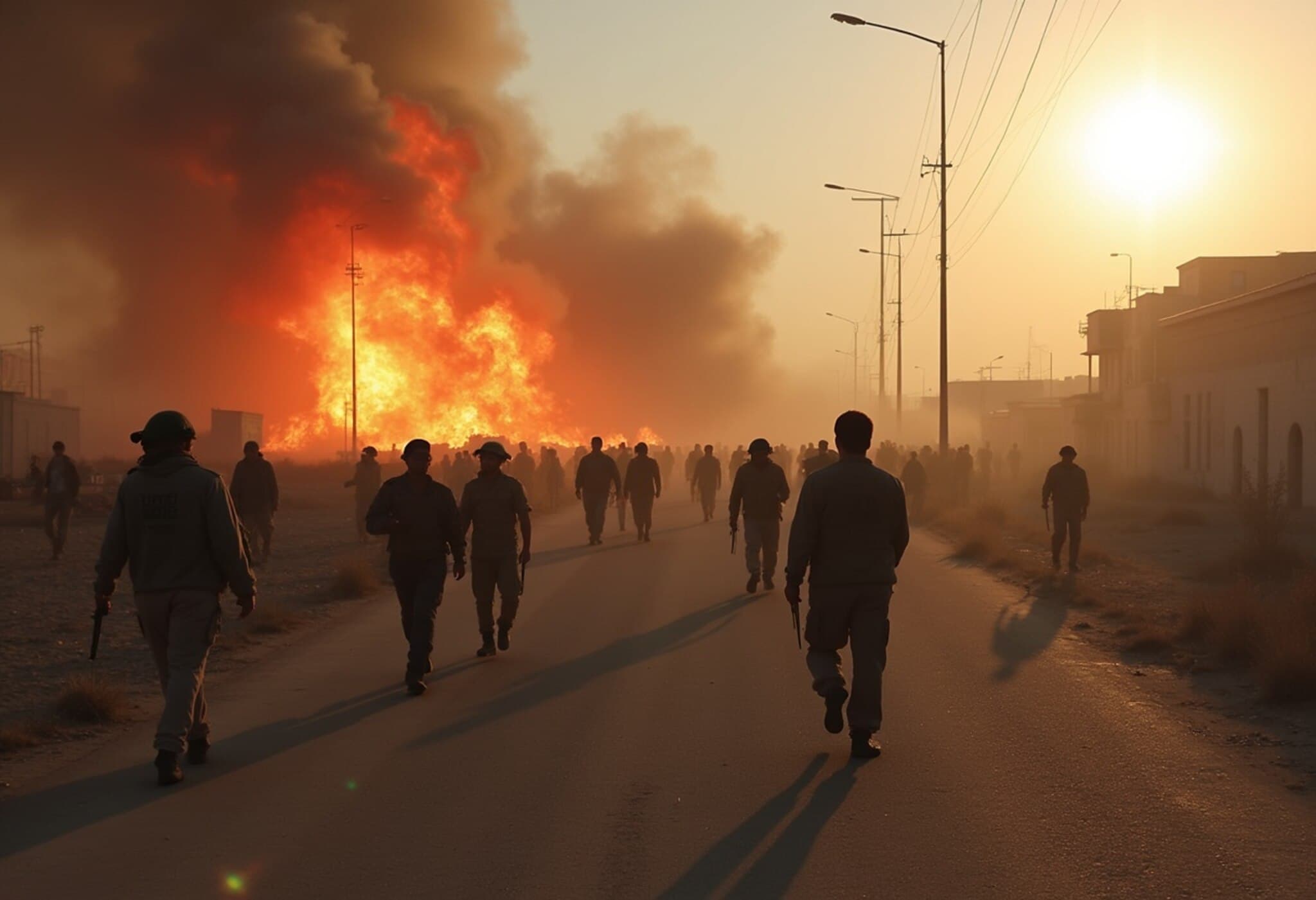Israel Targets Syrian Military Headquarters in Damascus
In a significant escalation of military confrontations, Israel conducted airstrikes on the Syrian Defense Ministry located in Damascus around midday local time on Wednesday, July 16, 2025. This marks a continuation of Israel’s strategic campaign aimed at curbing hostile activities emanating from Syria, a key regional flashpoint.
Background of the Strike
The airstrikes come amid growing concerns over Syria’s military capabilities and the influence of Iranian-backed groups operating within Syrian territory. Israel has long cited the need to preempt threats to its national security, particularly from weapons transfers and tunnels used by militant factions close to its borders.
Regional Implications and Strategic Calculus
These strikes deepen the shadow war in the Levant, where Israel and Syria continue to engage in periodic violence despite no formal declaration of war. Experts suggest that Israel’s precision targeting of defense facilities signals a calibrated effort to degrade Syria’s command and control infrastructure without provoking full-scale conflict.
- Strategic Impact: By hitting the Defense Ministry, Israel aims to undermine Syria’s operational planning capabilities.
- Security Concerns: Israel remains wary of Iran’s military foothold in Syria, which it perceives as an existential threat.
- International Law Perspective: These strikes highlight the complex legality of preemptive military actions conducted across borders in ongoing proxy conflicts.
Expert Commentary
Dr. Miriam Halawi, a Middle East security analyst at the Washington Institute, notes, "Israel’s strikes on high-profile targets like the Syrian Defense Ministry underscore a strategic message: it will act decisively to prevent adversaries from gaining a foothold. However, the risk of escalation remains a delicate balance for all parties involved."
What Lies Ahead?
The latest offensive raises pressing questions about the prospects for peace and stability in Syria and the wider region. Will such military actions deter hostile actors or further entrench conflict dynamics? The international community watches closely as the fragile ceasefires and diplomatic efforts face renewed strain.
Underreported Narratives
While the immediate focus is on military outcomes, the human dimension often receives less coverage. Civilians in Damascus and surrounding areas bear the brunt of these operations, with critical infrastructure facing disruption and increased insecurity. Additionally, the diplomatic ripples among global powers with stakes in Syria — including Russia, the United States, and Iran — remain underexamined in many reports.
Editor’s Note
This latest round of strikes in Syria highlights the persistent volatility in the Middle East, where overlapping conflicts and strategic rivalries perpetuate instability. Readers are encouraged to consider the broader implications beyond the headlines — how such actions fit within Israel's defense doctrine, the human cost on the Syrian populace, and the challenges of international diplomacy in a fractured region. As developments unfold, vigilant analysis will be key to understanding these complex layers.

